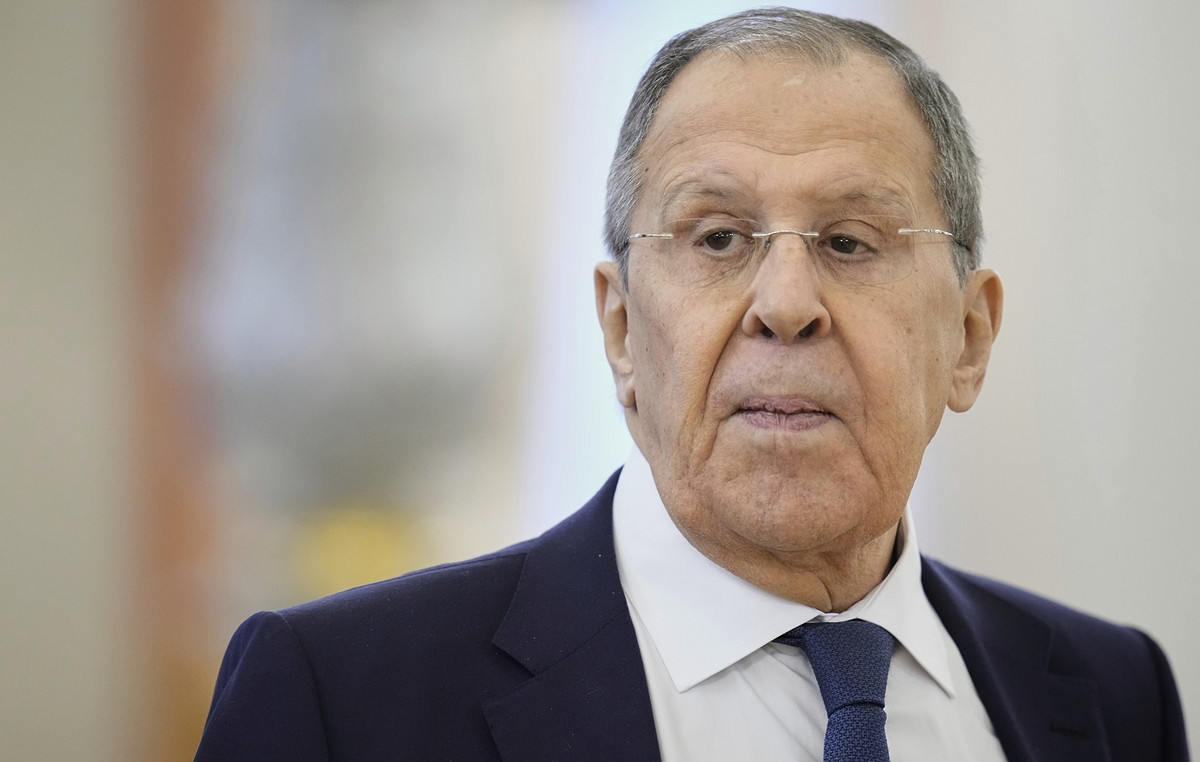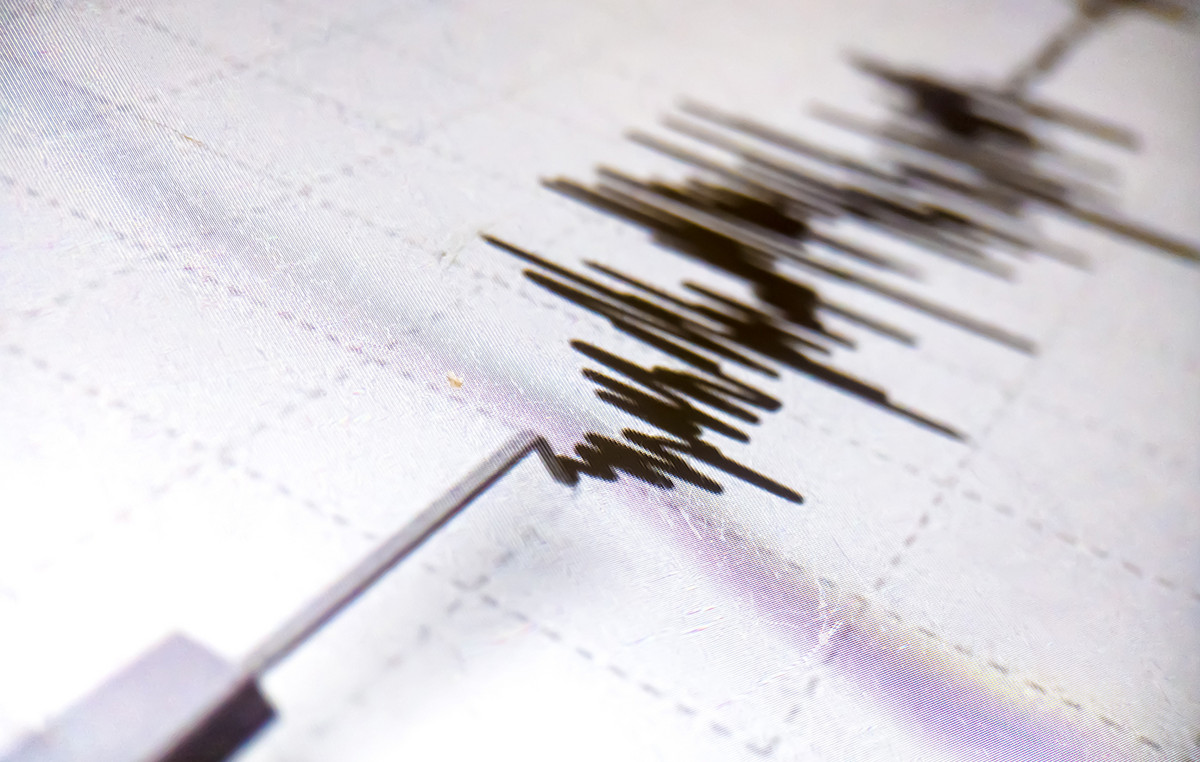By Lionel Laurent
Spain and Portugal have recorded a diplomatic success with a new alliance to combat rising energy prices. Not against Putin’s Russia, which has its boot in the trachea of Europeans importing gas, but against their partner countries in the European Union.
“Achievement”
In the short term, this success will shield Spanish and Portuguese consumers, whose anger over inflation spilled over into the streets during the May Day protests. In the long run, however, the agreement risks exacerbating existing, visible cracks in European unity.
The two countries won last week the so-called “Iberian Exemption”, which will separate electricity prices on the peninsula, with Spain and Portugal having wide access to renewable energy (RES), due to rising gas costs from on which the rest of the block depends. The resulting price cap (ceiling) of 50 euros per megawatt hour is said to be able to halve the electricity bills for 40% of consumers in Iberia. The Prime Minister of Portugal Antonio Costa described the agreement as a “great achievement”.
At first glance, this measure – presented as a “temporary” emergency tool – is no different from the tens of billions of euros spent by many individual European countries on protecting vulnerable consumers and businesses from higher energy bills. followed after the Covid period.
However, it reveals the deepest gap in the energy sector within the EU, as the “27” bloc fights in order to maintain a united stance against Russia.
Brake
First of all, it is a visible obstacle to the EU’s effort to integrate energy markets at a time when regulators are backing modifications such as hedging strategies or coupons instead of more radical intervention. It turns the peninsula into an “energy island”, separate from the rest of the union. Spain and Portugal have very little interconnection with the EU market, but this move goes back in time in terms of European integration.
The Iberian exclusion also underscores a resurgence of power within the EU, as the influence of Germany’s economic “model” is weakened by its dependence on cheap Russian gas. France’s leadership is growing in Brussels.
Spain and Portugal, once mocked as stereotypical economies of the “Mediterranean club”, could see their growth after Covid recover and deviate positively from the rest of the continent, which is slowing down due to energy disruption. caused by Russia.
Concequenses
Redesigning the European North-South divide along the energy divide could have deeper implications, says Ramon Mateo Escobar, director of consulting BeBartlet.
If energy prices in Iberia fall artificially relative to neighbors, he says, investment and business could shift accordingly. Spain and Portugal could use their influence to push other countries to push for more fiscal stimulus in the form of post-Covid growth funds – the model promoted by the new EU power pair, France and Italy.
The optimistic view is that the exclusion of Iberia could provide an air of initiative for the rest of the EU. Spain wants to become a major player in alternative energy sources by providing incentives for renewables and investment in space and storage. The two Iberian neighbors could lead to energy savings as well as indirect subsidies – for example by pushing for energy-efficient buildings.
Dangers
But at the same time, the long-term risks increase. Consumers are fed up with the cost of Putin’s war, and subsidies like this will be difficult to remove in the future.
If this is the beginning of an encouragement from the EU to its member states to go their own way, Putin may also find it easier to play the “divide and rule” game as a result of such line, according to Bruegel’s Simone Tagliapietra, a think tank based in Brussels. The cracks in the sanctions section have already become apparent.
As the energy storm is unlikely to subside anytime soon, closer and deeper integration of the EU and more common costs would indeed be a very useful “umbrella”. Given the task facing Europe – from the cost of reshaping its internal energy ties to strengthening its ability to defend itself militarily – it will be difficult to find refuge on “isolated energy islands”.
Source: Bloomberg
I’m Ava Paul, an experienced news website author with a special focus on the entertainment section. Over the past five years, I have worked in various positions of media and communication at World Stock Market. My experience has given me extensive knowledge in writing, editing, researching and reporting on stories related to the entertainment industry.







